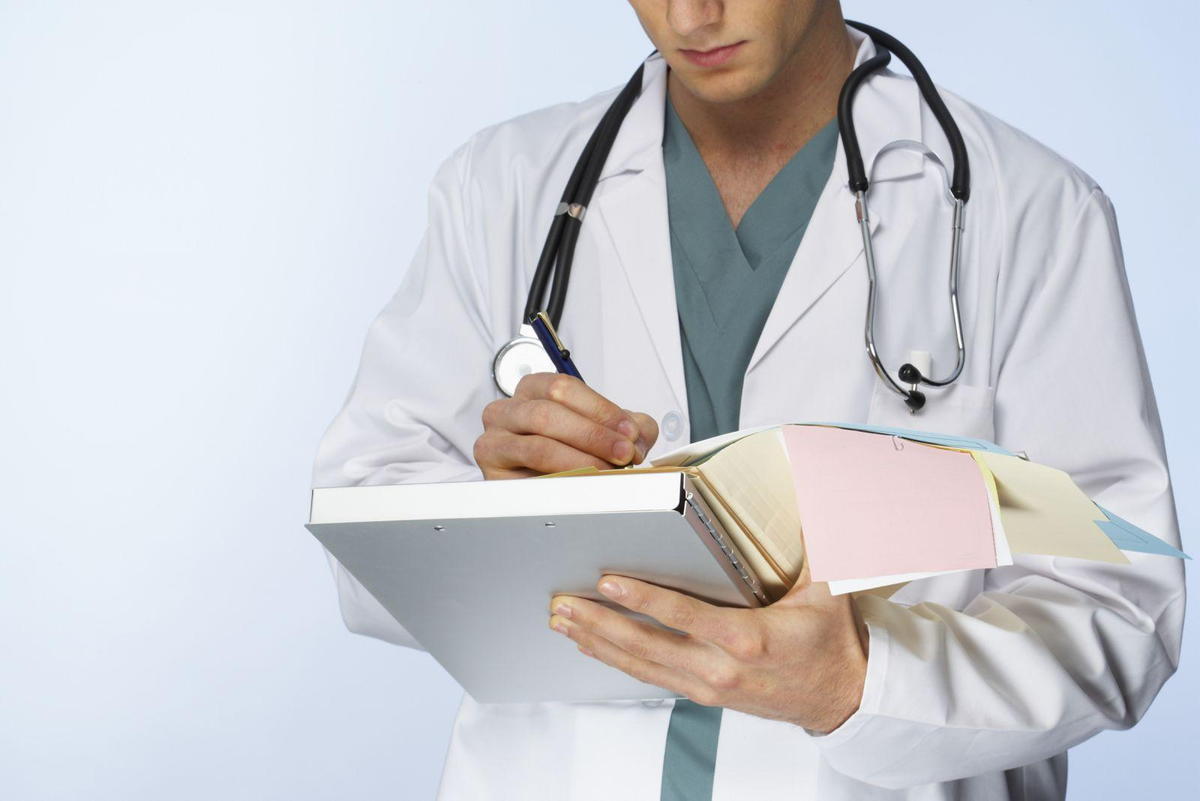When You Should Start Having Colonoscopies?

- posted: Jun. 09, 2016
Wondering when you should start having colonoscopies? Dr. Jonathan Jensen, your Longmont gastroenterologist at Colorado Center for Digestive Disorders, shares information about this potentially life-saving screening test and explains when you should receive your first colonoscopy.
When should I have my first colonoscopy?
Colonoscopies are recommended beginning at age 50, although your Longmont gastroenterologist may recommend the test earlier if you have gastrointestinal issues. If your first colonoscopy is normal, you can expect to repeat the test in another 10 years.
Why are colonoscopies important?
The earliest stages of colon cancer are often symptomless. By the time you develop symptoms, the cancer is often at an advanced stage that's difficult to treat. Colonoscopies not only identify potentially cancerous spots in your colon but also detect polyps. Polyps are small growths that form in the lining of your colon. Some of them are cancerous, while others may become cancerous if they're not removed. During your colonoscopy, your doctor will remove any polyps he spots and send them to a laboratory for analysis.
I've heard bad things about colonoscopy prep. Is it really necessary?
During the colonoscopy prep process, you'll use laxatives or a cleansing solution to clear out your colon. This step is a crucial part of the colonoscopy process. If your colon isn't completely clear, your gastroenterologist can't get a good view of your colon and could easily miss a polyp or suspicious area.
Why are colonoscopies recommended?
In addition to cancer screening, your doctor may suggest a colonoscopy to determine if a gastrointestinal condition or disease is responsible for your chronic diarrhea, rectal bleeding, anemia, unexplained weight loss, abdominal pain, constipation or change in bowel movements.
What happens during a colonoscopy?
You'll receive a sedative or general anesthesia before the colonoscopy begins. During the procedure, your gastroenterologist will gently guide a thin scope that contains a miniature camera along your large intestine. He'll watch the images transmitted by the camera as the scope advances and retreats and search for polyps, tumors, lesions or other problems. You'll spend an hour or two recovering before being released. Because you've received anesthesia, you'll need to ask a friend or family member to drive you home.
Safeguard your health with a colonoscopy. Call Dr. Jensen, your Longmont gastroenterologist at Colorado Center for Digestive Disorders, at (303) 776-6115 to schedule an appointment.
